You know how sometimes you're sitting there, minding your own business, and your phone starts blowing up with notifications you swear you never got until you unlocked your screen? If you're a Pixel user dealing with Google's Phone app lately, you're not imagining it. What's happening here isn't just another case of "Google broke something again". There's a calculated method behind the maddening experience.
For casual users, the trade can feel fine, better battery, less chaos, fewer interruptions. For people who live and die by real-time alerts, it stings. Picture unlocking your phone after a meeting and getting a burst of missed pings at once, a batch of notifications only after unlocking. In business or emergencies where proper notification operation is necessary, that lag can cost you.
The official Pixel Community account is tracking reports to raise with the dev team. Expect tuning, not a full reversal. If I had to bet, Google will tweak the dials rather than flip the switch.
Current workarounds like turning off the battery-saver option and adjusting Google account settings offer limited relief because they do not touch the system-level power model. The real move is accepting the trade Google made, longevity and performance over instant delivery.
The bigger industry picture behind Google's approach
Google's stance tracks with a broader trend toward aggressive power management across smartphones. Every year apps get louder, batteries get squeezed, and users still want all-day life. The delays show a willingness to make hard choices about background behavior rather than let every app shout first.
You can see it in the way some users turned off battery optimization for affected apps, with no fix. That is a system-level policy at work, not a per-app quirk.
The selective nature of the delays is the tell. Not every alert gets a golden ticket, the system seems to weigh priority, engagement, and power cost to decide what breaks through and what gets batched. A step up from the old free-for-all.
It also lines up with Google's habit of using AI and pattern learning to optimize experiences that are not always visible or popular. The batching likely leans on your usage rhythms to cut noise when you are away, while still getting crucial stuff to you.
Bottom line: this "annoying" change is sticking around because it does what Google intended, it prioritizes stability, battery life, and long-term performance over instant buzzes. Whether users adapt or Google masks the delays better without losing the benefits will decide how this strategy lands. For now, we are all riding along on Google's optimization experiment, and the company seems comfortable taking short-term heat for long-term gains.




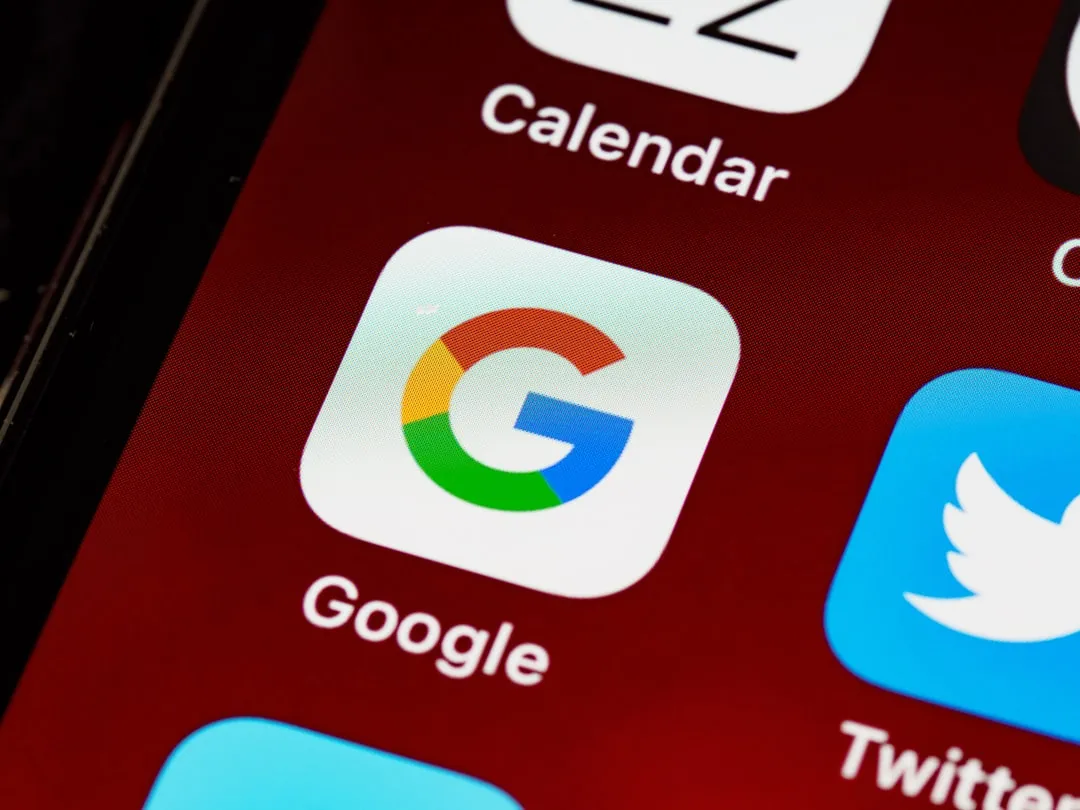
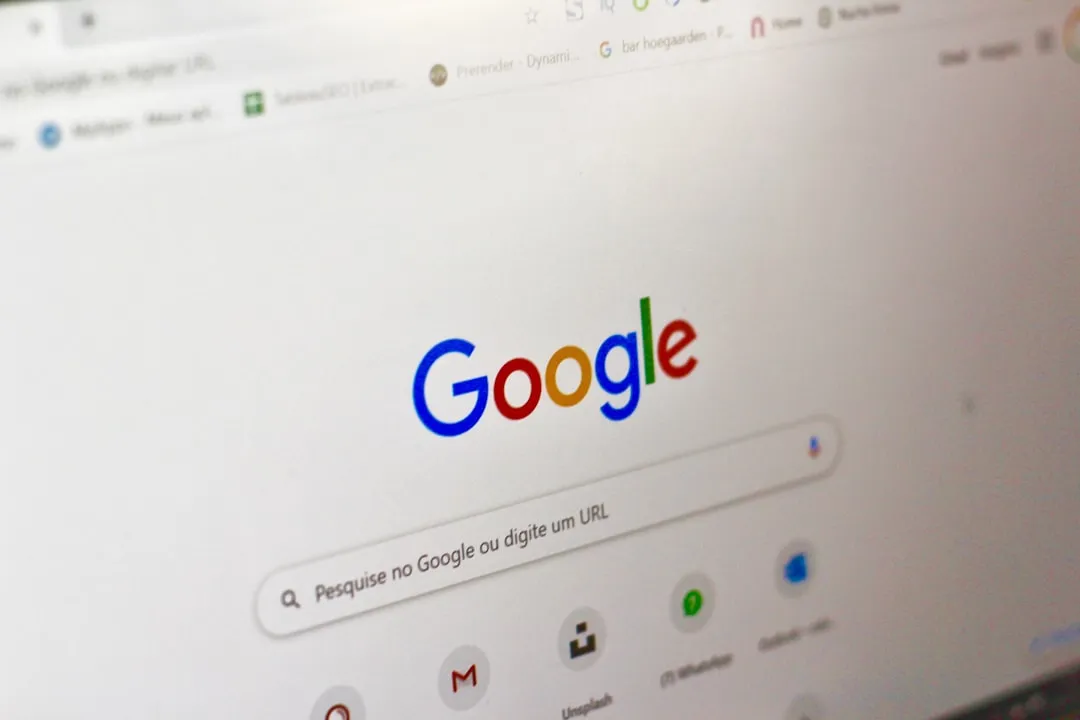
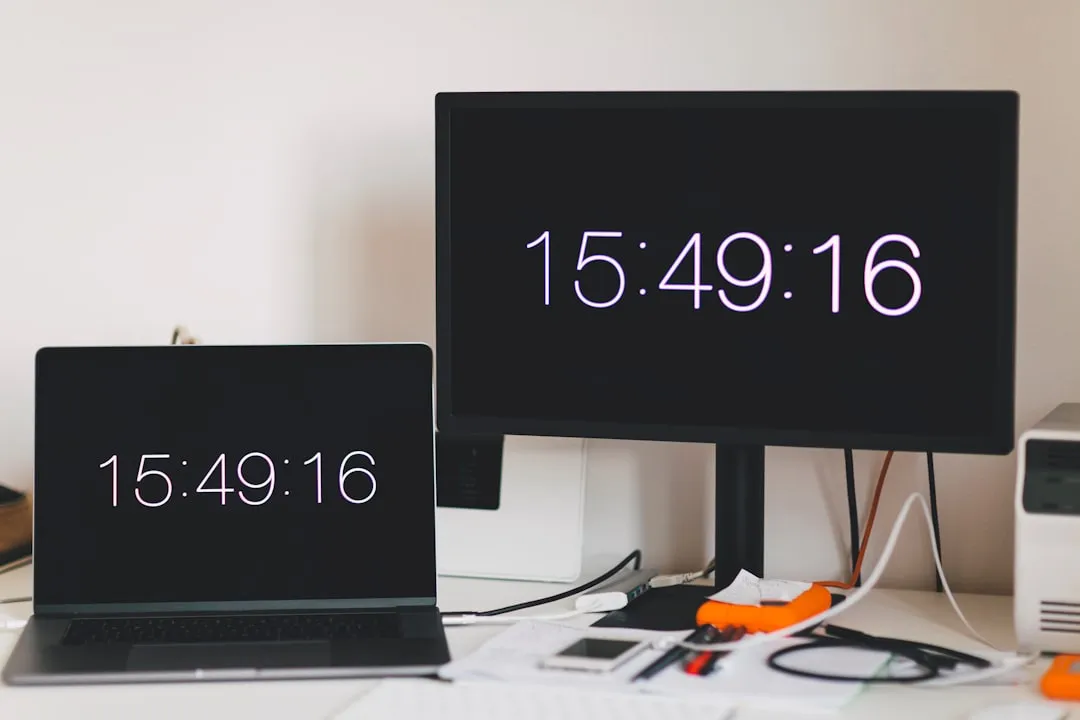
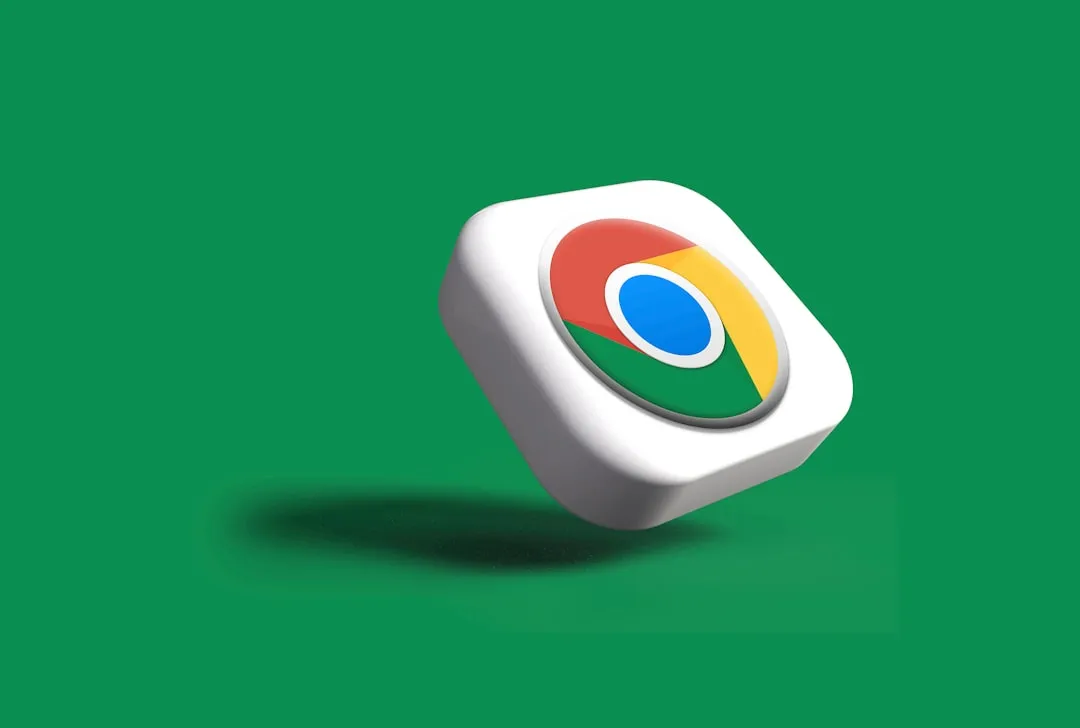
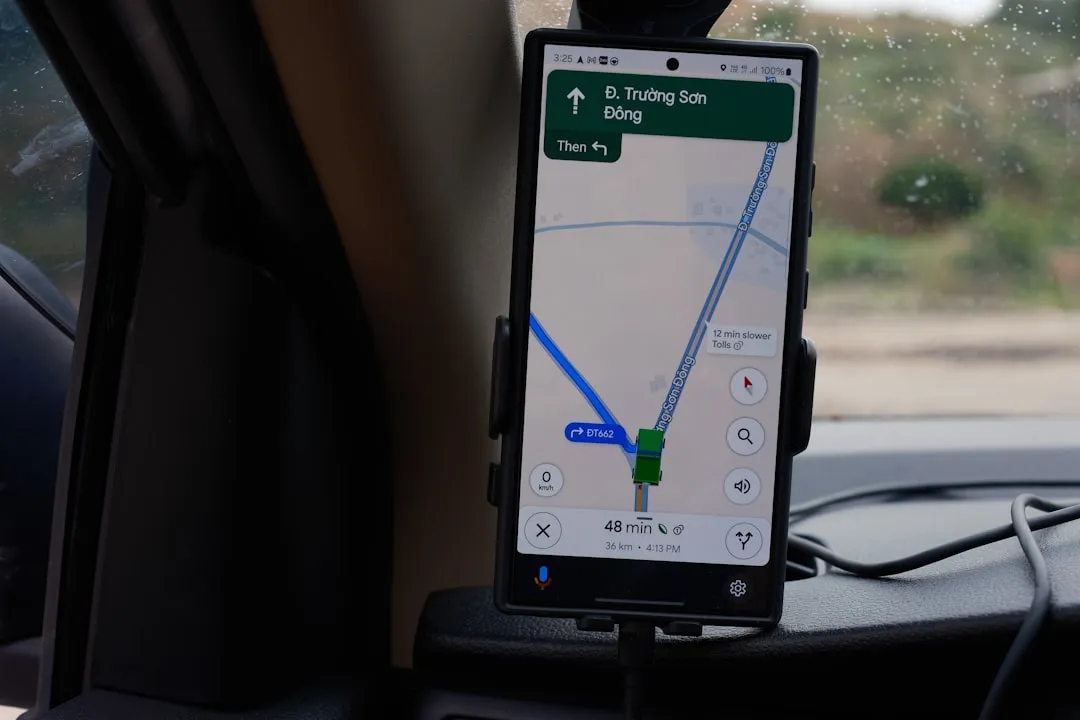
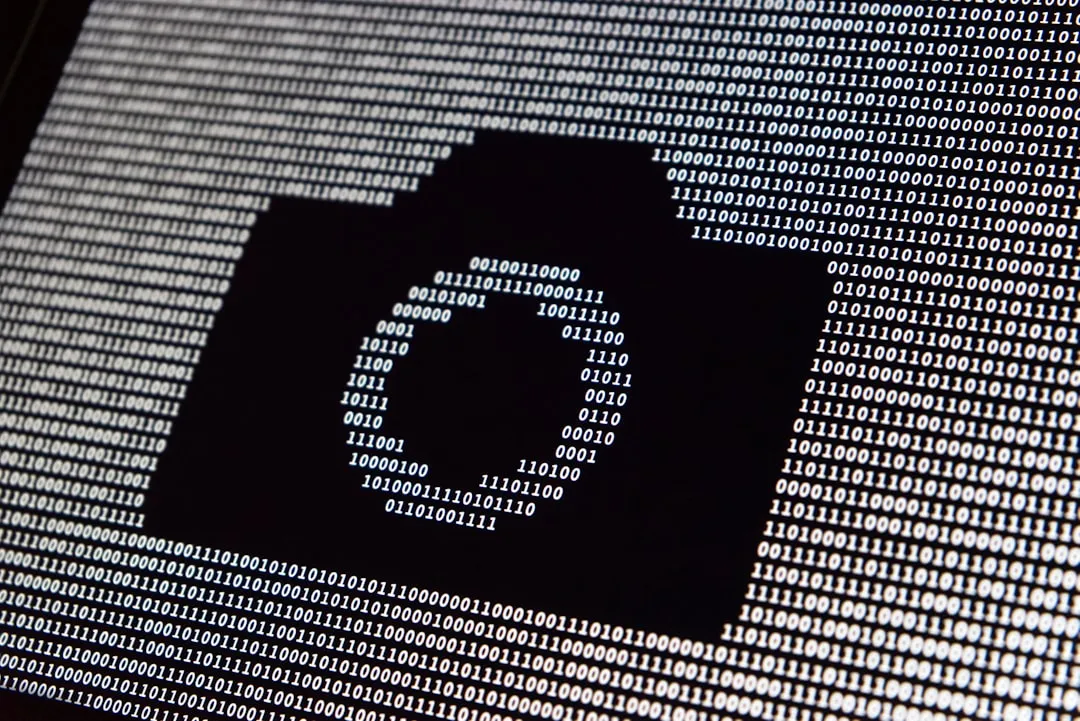
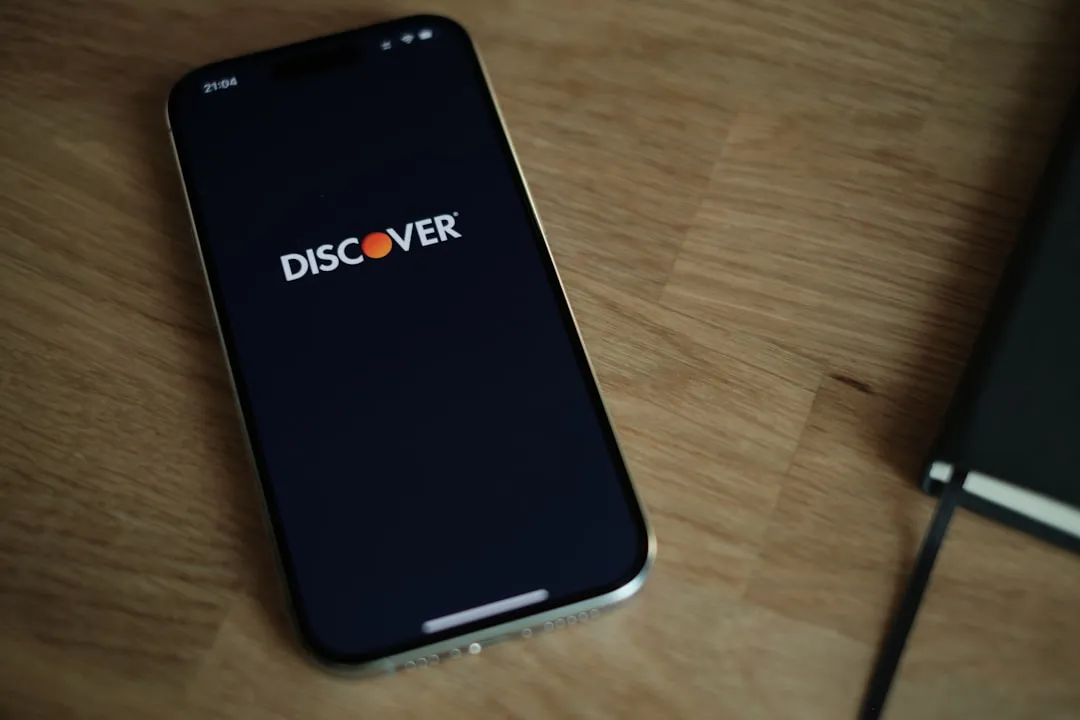
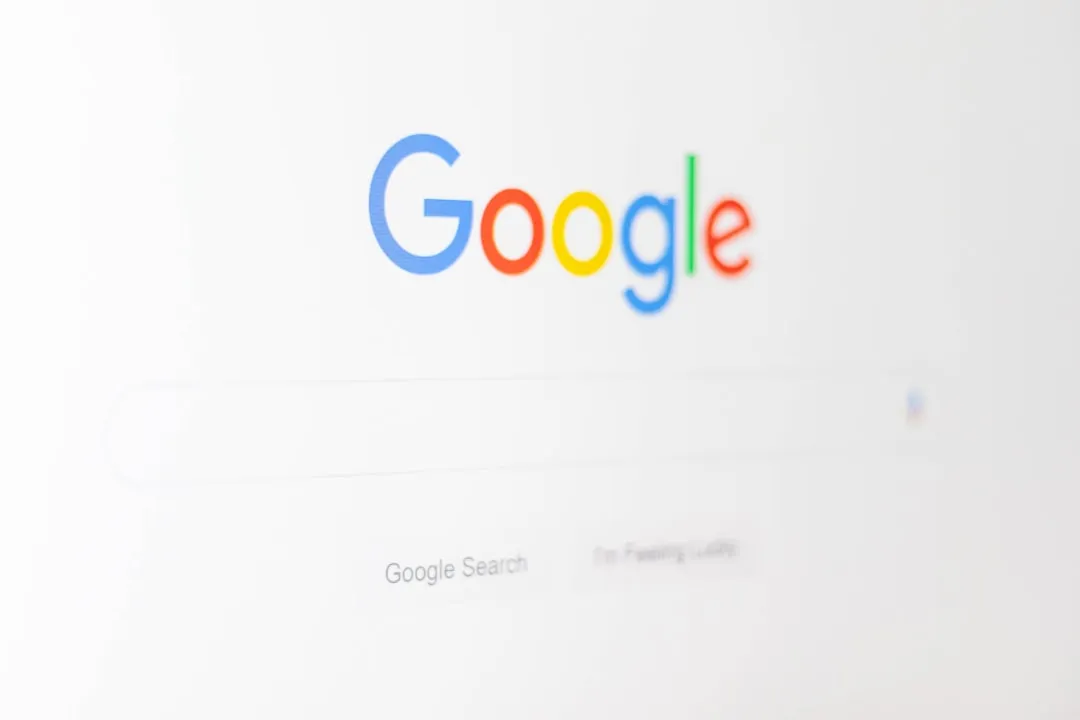


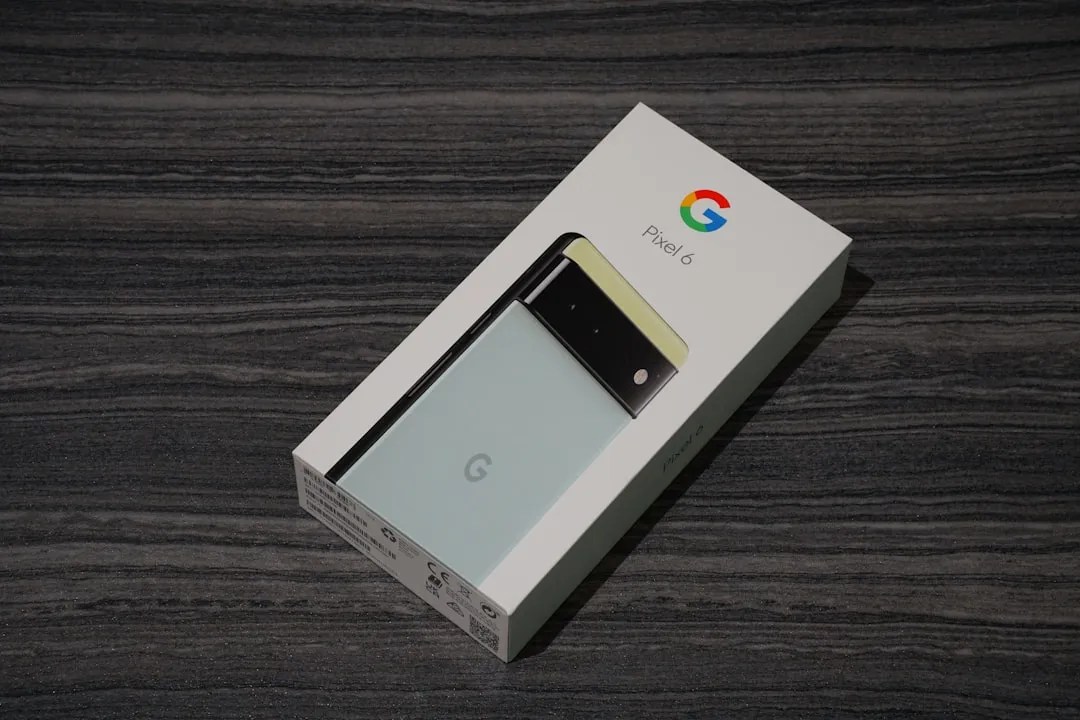

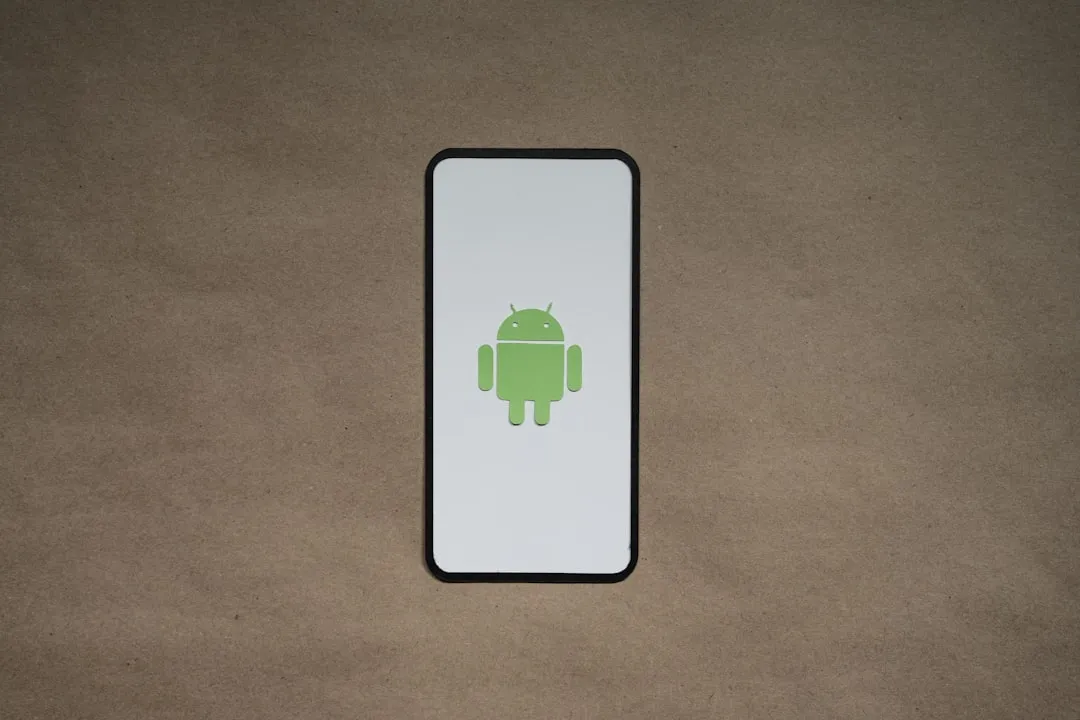
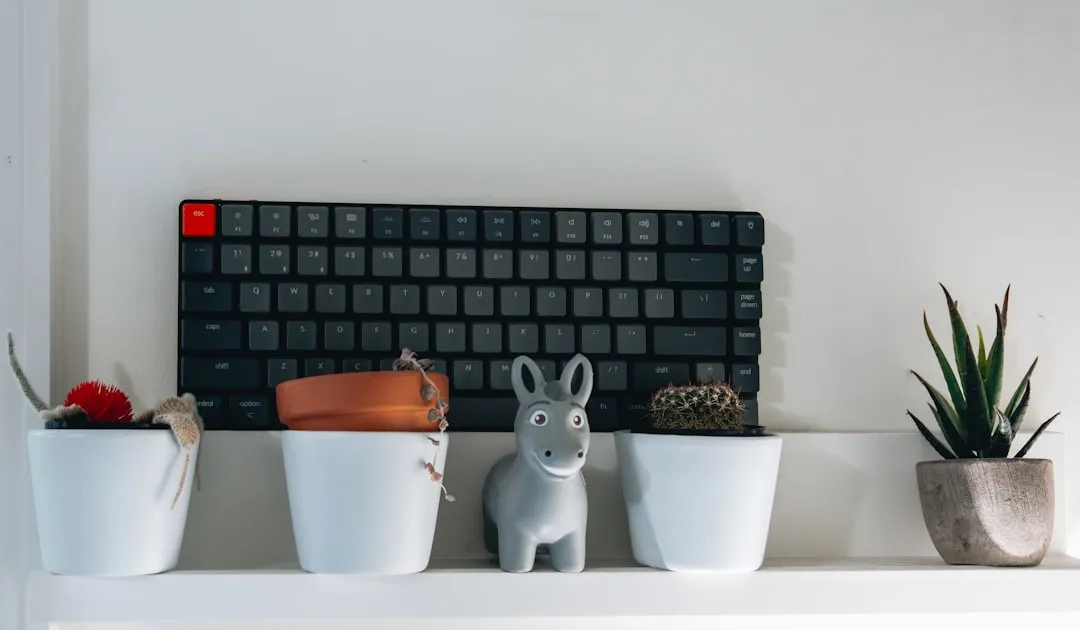
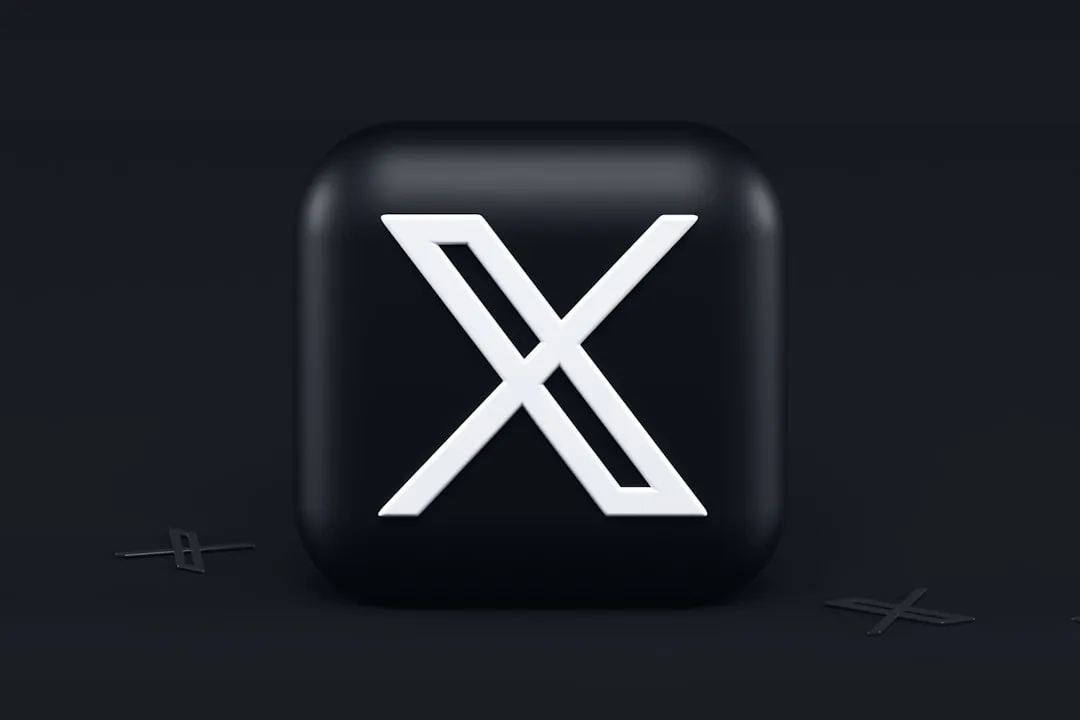

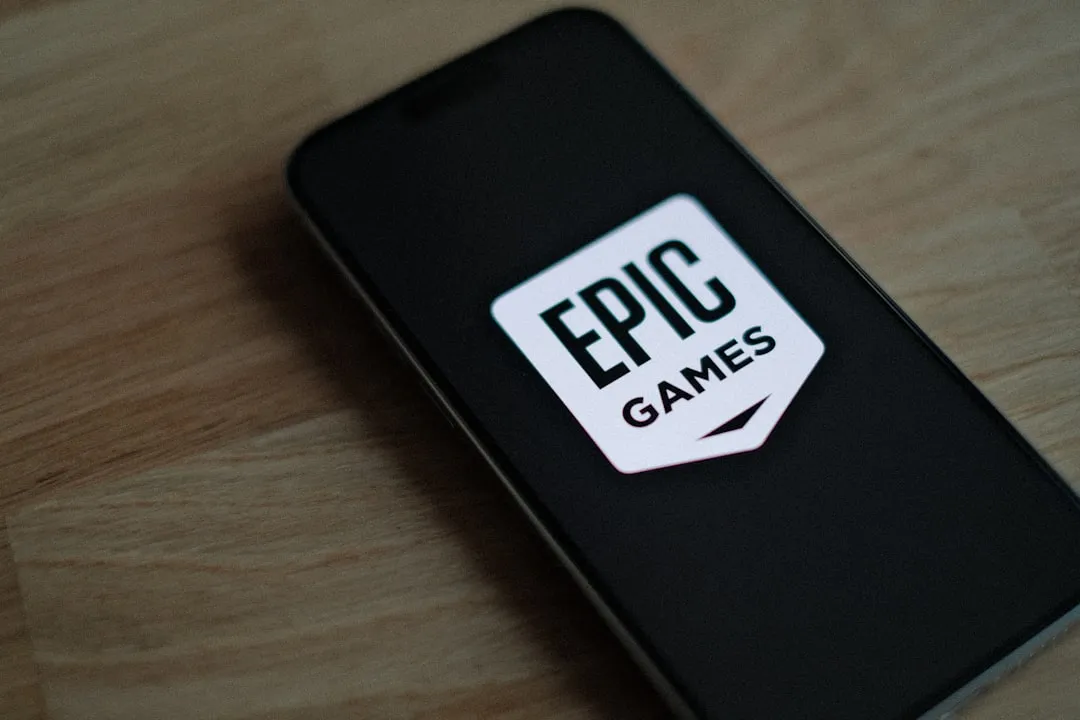
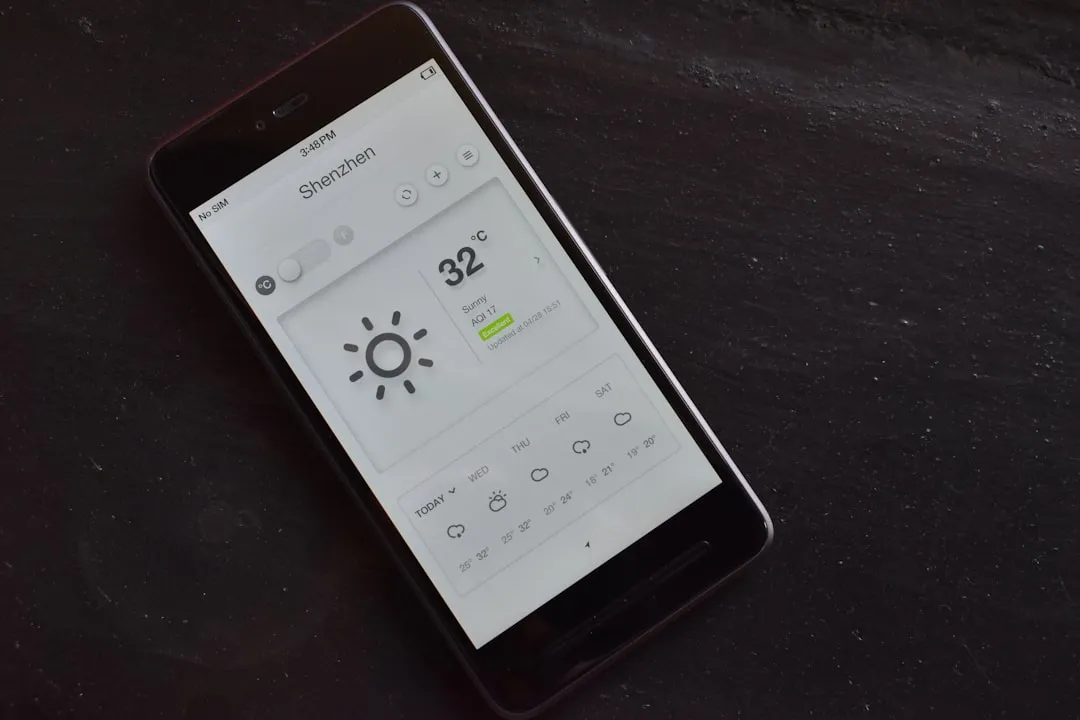
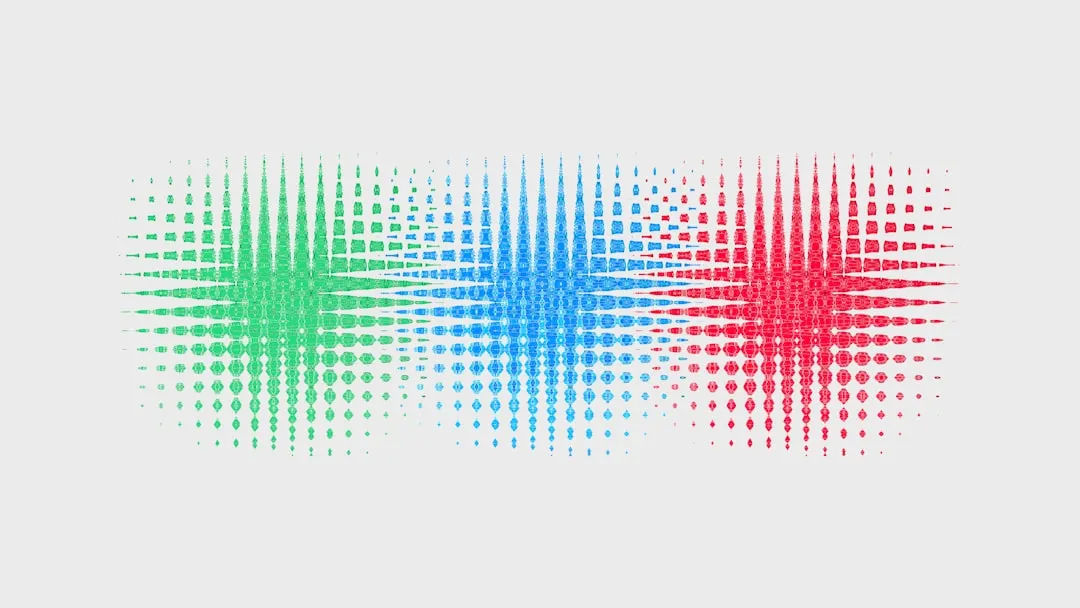
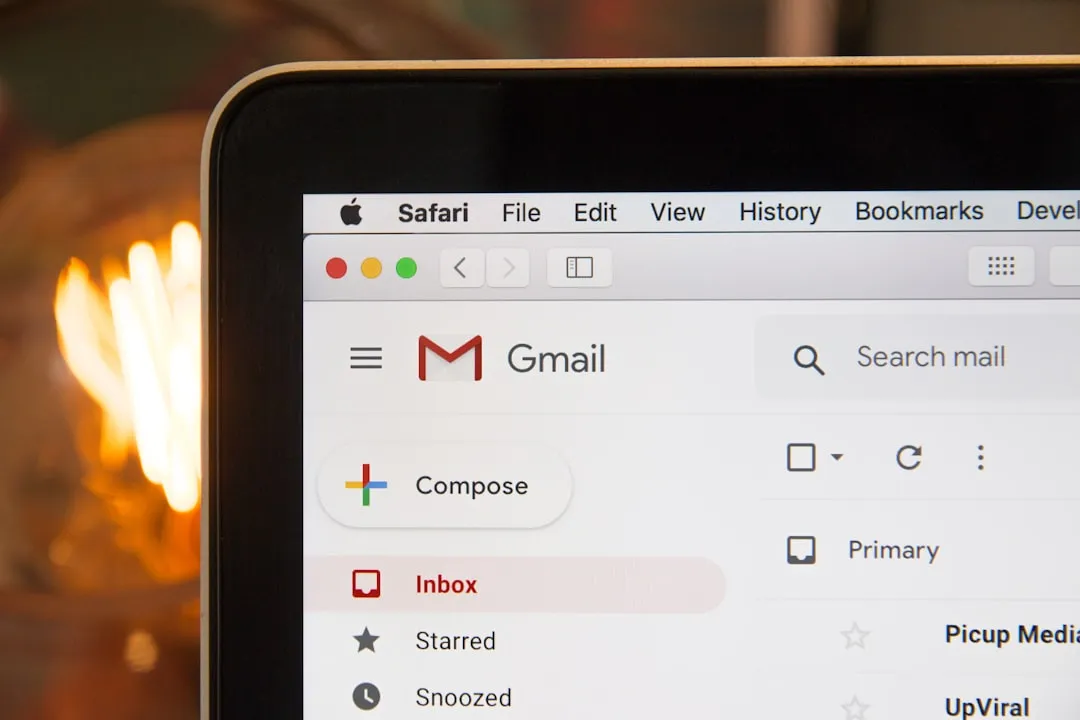
Comments
Be the first, drop a comment!